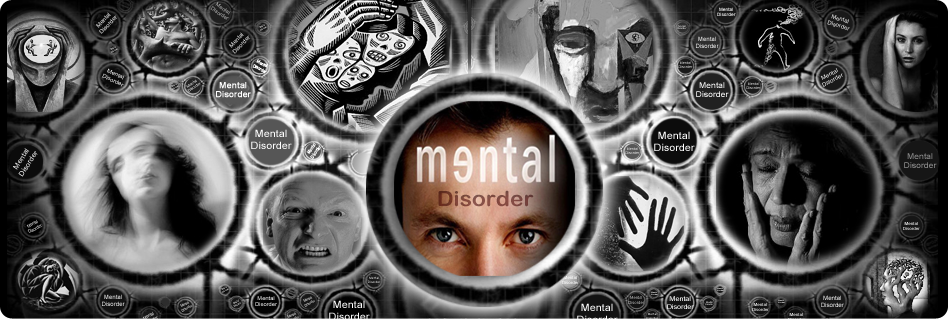A Civil Role Model
The word civil carries a lot of power. The usage needs to be carefully considered when it's entered into a sentence or an expression. Civil means a wide difference of things. It can be defined as a way to be attentive of the forms required for good reproduction. It can also be a means to the needs and affairs of the common public. However, the latter of the two definitions can also be extended to include a definition of the private rights and the remedy sought by action or costume. The point is that the word civil has a greater significance that has been embraced by our American legal traditions. It is the premise that law is there to provide the people and the lawyers are nothing more than mere guardians of law.
These are thoughts that were measured during the class viewing of A Civil Action. In the events of the case, there were many concerns that were brought up about our permissible culture.
Wednesday, March 28, 2007
Tuesday, March 20, 2007
Carriage
The standard definition of a carriage is a four-wheeled horse drawn personal passenger vehicle with leaf springs or leather robust for postponement, whether light, smart and fast or large and relaxed. Compare the public conveyance stagecoach, charabanc, and omnibus.
A medium that is not sprung is a wagon. An American buckboard or Conestoga wagon or "prairie schooner" was never taken for a carriage, but a waggonette was an enjoyment vehicle, with lengthways seats.
The word car meaning "wheeled vehicle", came from Norman French at the start of the 14th century; it was absolute to cover automobile in 1896.
In the British Isles and many Commonwealth countries, a railway carriage (also called a coach) is a railroad car planned and prepared for transporting passengers.
In the United States, a baby carriage is a wheeled transportation for recline infants (in English outside North America: perambulator or pram), often with a hood that can be adjusted to protect the baby from the sun.
The standard definition of a carriage is a four-wheeled horse drawn personal passenger vehicle with leaf springs or leather robust for postponement, whether light, smart and fast or large and relaxed. Compare the public conveyance stagecoach, charabanc, and omnibus.
A medium that is not sprung is a wagon. An American buckboard or Conestoga wagon or "prairie schooner" was never taken for a carriage, but a waggonette was an enjoyment vehicle, with lengthways seats.
The word car meaning "wheeled vehicle", came from Norman French at the start of the 14th century; it was absolute to cover automobile in 1896.
In the British Isles and many Commonwealth countries, a railway carriage (also called a coach) is a railroad car planned and prepared for transporting passengers.
In the United States, a baby carriage is a wheeled transportation for recline infants (in English outside North America: perambulator or pram), often with a hood that can be adjusted to protect the baby from the sun.
Subscribe to:
Posts (Atom)
